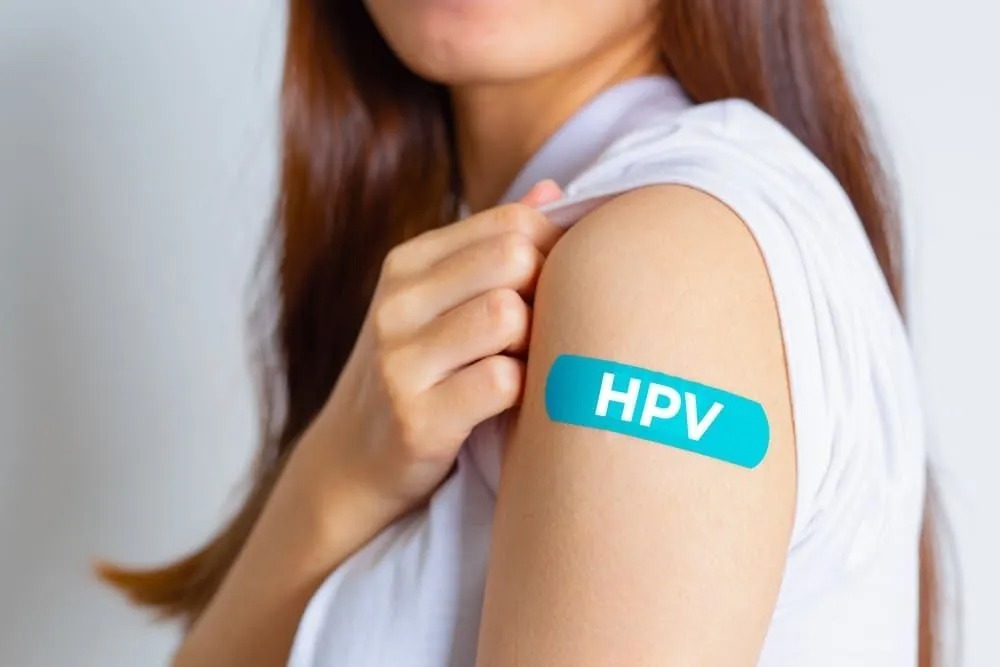Instituto estuda incorporar teste de detecção de HPV em mulheres no SUS
Papilomavírus Humano é o principal causador do câncer de colo de útero
Carla Andréa
Por: Noticias Digital – 14/03/2024 – fonte: https://www.jd1noticias.com/

O Instituto Nacional de Câncer (INCA), estuda a possibilidade de incorporar o teste molecular de detecção do Papilomavírus Humando (HPV), no Sistema Único de Saúde (SUS). O objetivo é ajudar no enfrentamento do câncer do colo de útero, que atinge mais de 17 mil mulheres por ano.
“Essa mudança traz melhor adesão e facilita o acesso ao exame”, informa o Ministério da Saúde. O teste começa a ser realizado com a coleta de material do colo/vagina, permitindo a identificação do DNA do vírus no trato genital feminino.
De acordo com a Sociedade Brasileira de Oncologia Clínica (SBCO), a inclusão do teste é um avanço na prevenção desse tipo de câncer, já que 90% dos casos estão ligados ao HPV.
Segundo o INCA, 80% das mulheres sexualmente ativas serão infectadas por um ou mais tipos de HPV em algum momento da vida. A estimativa mundial de infectados é entre 25% e 50 % da população adulta feminina, e 50% dos homens adultos.
